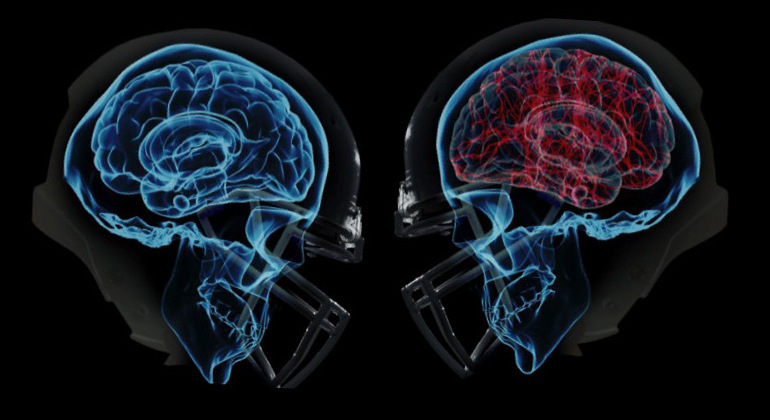
People are becoming more aware of the connection between football and chronic traumatic encephalopathy (CTE), but there may also be a link between the sport and ALS.
Those who suffer a traumatic brain injury (TBI) are at increased risk of developing neurodegenerative diseases such as Alzheimer’s, chronic traumatic CTE and ALS, according to the ALS Association.
Although there is sometimes confusion between CTE and ALS, the release says the two conditions are actually quite different.
ALS is a result of motor neurons dying. These cells are part of the central nervous system that coordinates movement, according to the release. When these neurons die, they no longer work with the muscle and that can lead to atrophy and eventually paralysis.
CTE symptoms are like those from dementia and cognitive defects. Symptoms include aggression, depression, impulsivity, irritability, short-term memory loss and more occurrences of suicide.
Diagnosing either can pose serious problems, the release said. Because of the complexity of ALS, a successful diagnosis takes up to a year, and CTE can’t be diagnosed except for post-mortem in an autopsy.
A recent study showed that multiple TBIs over a sustained period created long-lasting issues with both motor function and brain pathology in animals. However, a study in people with ALS, both with and without a prior head injury showed that “head injury was not associated with faster ALS disease progression.”